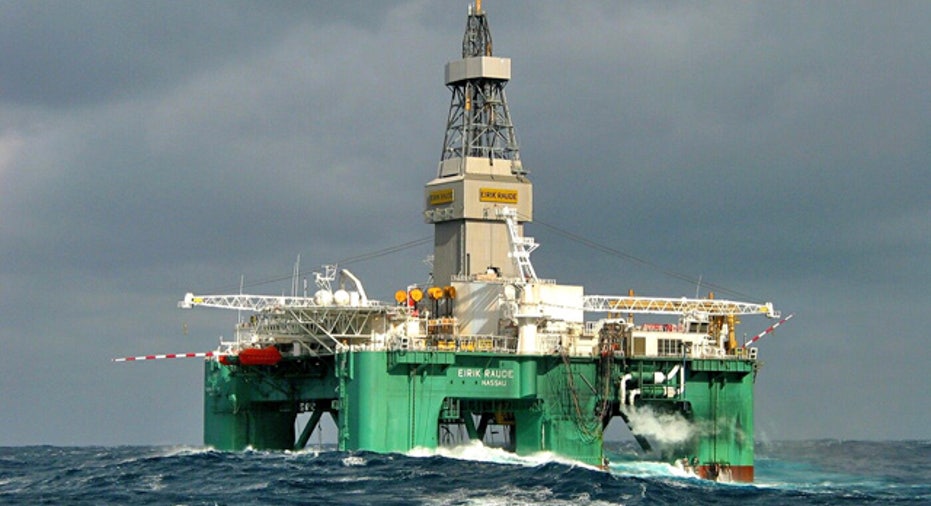Oil Edges Higher Amid Syria, Yemen Unrest

Brent crude futures rose above $124 a barrel on Monday after violence in Syria and Yemen escalated over the weekend, boosting fears that unrest may disrupt more oil supplies in the Middle East and North Africa.
Brent gained 45 cents to $124.44 a barrel by 0655 GMT. U.S. crude rose 40 cents to $112.69 a barrel.
"There is no question about it -- Middle East and North Africa continue to be the key factors," said Victor Shum, an analyst at Purvin & Gertz. "Violence has spread beyond Libya to Syria and Yemen and that has set a high floor for oil prices."
Gains in oil this week would likely be capped on concerns of the negative impact of high prices on demand and the global economy. Prices were likely to trade within a narrow range, Shum said.
Prolonged protests and looming concern over further disruptions would keep markets on edge since fuel demand in key consumers, such as China and India, continues to rise.
Top oil exporter Saudi Arabia needs to pump at least 9 million barrels per day (bpd) of crude for the next few years and is considering boosting capacity to meet rising demand, Petroleum Intelligence Weekly (PIW) said in a report, citing Saudi sources.
Technical analysis showed that Brent's next target to the upside is $127.02 a barrel after it cleared resistance at $124.02, Reuters market analyst Wang Tao said.
SYRIA, YEMEN
Syrian troops in armored vehicles poured into the restive town of Deraa overnight and opened fire, residents said on Monday, the latest bloodshed in crackdown on protests that has escalated sharply in recent days.
Rights groups say security forces have killed more than 350 civilians since unrest began last month. A third of the victims were killed in the past three days as the scale and breadth of a popular revolt against President Bashar al-Assad grew.
"Geopolitics is getting worse, not better," a trader with a Western oil firm said. "Syria is now the big news. They export a bit of oil, too."
Yemen's veteran president Ali Abdullah Saleh struck a defiant tone in an interview a day after his government said he had accepted a Gulf Arab plan to hand over power within weeks.
Saleh has faced down three months of street protests as well as pressure to go from his main backers Saudi Arabia and the United States. But opposition groups fear his verbal acceptance of the plan may be no more than a tactic.
The Sunni Muslim monarchy of Saudi Arabia has seen scattered protests from minority Shi'ites, but the kingdom has not seen the mass uprisings seen in other countries in the region.
Some 200 Shi'ites protested in Saudi Arabia's oil-producing east on Friday. The gathering in the town of Awwamiya defied a call by leading Shi'ite clerics a day earlier for an end to two months of protests in the conservative kingdom's Eastern Province, in an apparent bow to government pressure.
NATO forces flattened a building inside Muammar Gaddafi's Bab al-Aziziyah compound, in what a press official from Gaddafi's government said was an attempt on the Libyan leader's life.
WEAK DOLLAR
Another factor supporting oil prices is the weak dollar. The dollar was vulnerable on Monday, hitting a fresh 29-year low against the Australian dollar under the weight of its low interest rates.
"It is one of the factors supporting the turnaround in oil," Shum said. "Oil is a good hedge."
The weak dollar helped boost spot gold to a record of $1,513.70 an ounce, extending the record-breaking rally to the seventh consecutive session. U.S. gold futures also hit a record high, at $1,514.50 an ounce.
(Additional reporting by Florence Tan; Editing by Clarence Fernandez and Sugita Katyal)



















